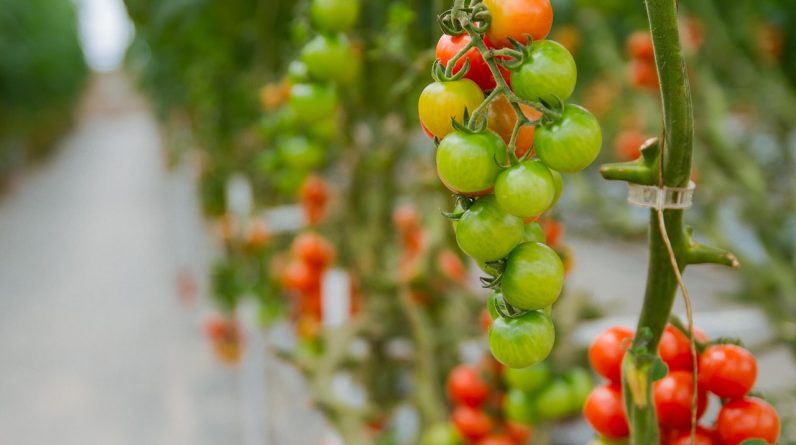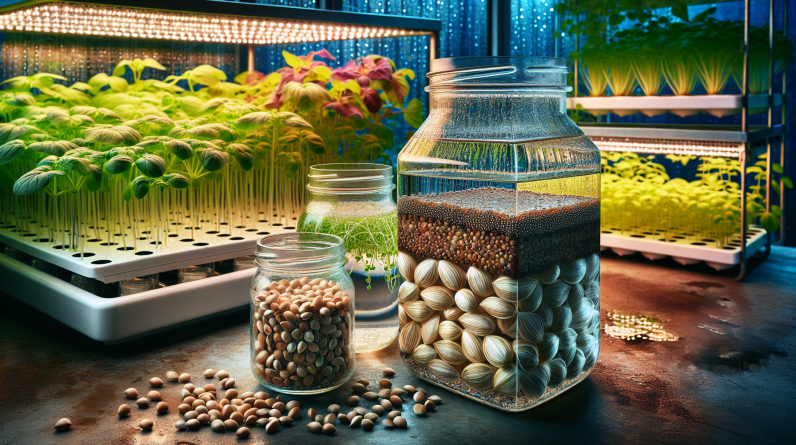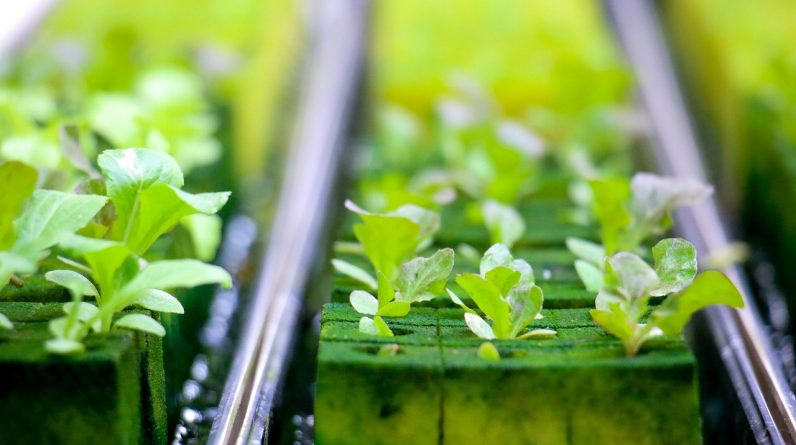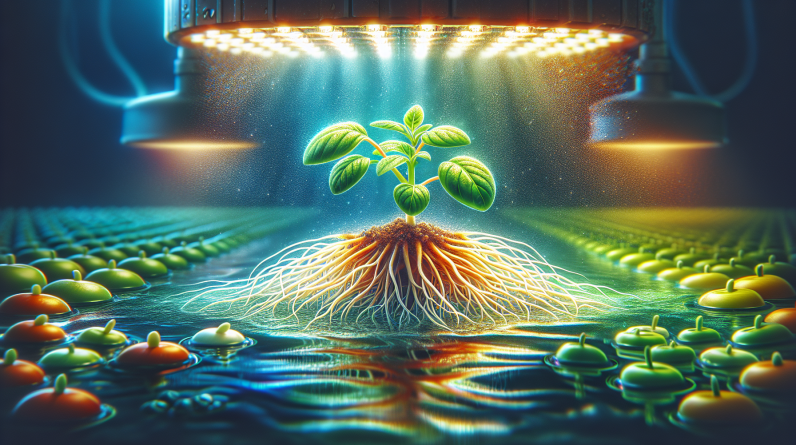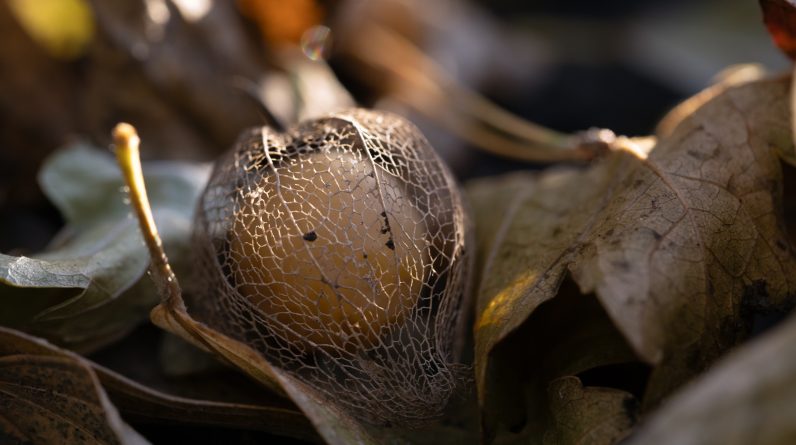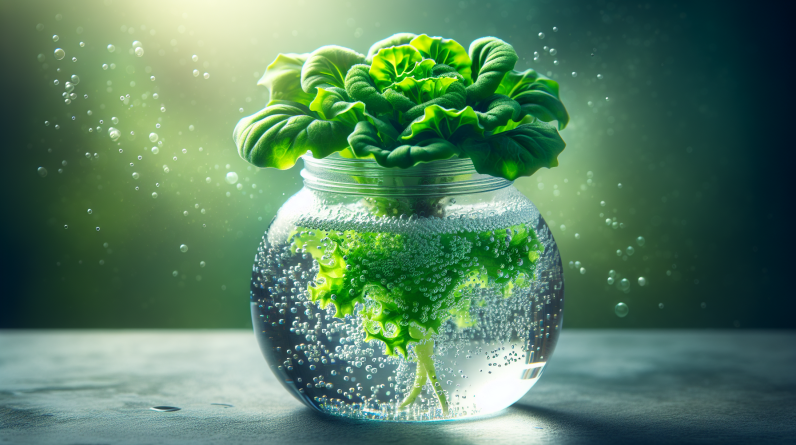
Have you ever wondered if regular seeds can be used for hydroponics? Well, the answer might surprise you! In this article, we will explore the potential of regular seeds in hydroponic systems and discover whether they can successfully thrive in this innovative growing method. Stay tuned to find out more about the compatibility of regular seeds with hydroponics and how you can achieve promising results in your own hydroponic garden! Regular seeds can indeed be used for hydroponics! Hydroponics is a method of growing plants without soil, using nutrient-rich water instead. It’s a popular option for urban gardening, small spaces, and those who want to have more control over their plant’s growing environment. While there are specific hydroponic seeds available, regular seeds can also be successfully used in hydroponic systems. In this article, we will explore the different types of regular seeds that can be used for hydroponics, the advantages and challenges of using them, methods to optimize their growth, and factors to consider when choosing regular seeds for hydroponic gardening. So let’s dive in and learn more about using regular seeds in hydroponics!
What is Hydroponics?
Before we delve into the use of regular seeds in hydroponics, let’s first understand what hydroponics is all about. Hydroponics is a method of growing plants without soil. Instead of planting seeds in traditional soil beds, hydroponic systems use water-based solutions enriched with essential nutrients for the plants to thrive. The plants are typically grown in a controlled environment, using specialized equipment and techniques to ensure optimal growth. This method allows for efficient use of water and nutrients, and it can be done indoors or outdoors, providing a flexible and sustainable approach to gardening.
Types of Seeds in Hydroponics
When it comes to hydroponics, there are three main types of seeds that can be used: open-pollinated seeds, heirloom seeds, and hybrid seeds. Let’s take a closer look at each of these types and understand their characteristics.
Open-pollinated Seeds
Open-pollinated seeds are seeds that are pollinated naturally by wind, insects, or other natural means. They have been passed down from generation to generation and can reproduce the same traits as the parent plants. Open-pollinated seeds are typically more genetically diverse, making them a great option for those looking to grow a wide variety of plants in their hydroponic system.
Heirloom Seeds
Heirloom seeds are a type of open-pollinated seeds that have been saved and passed down through families or communities for many years. These seeds have a rich history and often have unique characteristics, flavors, and colors. Using heirloom seeds in hydroponics can add a touch of nostalgia and preserve rare plant varieties, ensuring their continued existence for future generations.
Hybrid Seeds
Hybrid seeds are a cross between two different plant species or varieties. They are created through controlled breeding to achieve specific characteristics such as disease resistance, higher yields, or improved flavor. While hybrid seeds can offer certain advantages, such as uniformity and productivity, they may not produce seeds that retain the same traits as the parent plants. Therefore, using hybrid seeds in hydroponics may not be the most ideal choice if seed saving and regrowth are important factors for you.
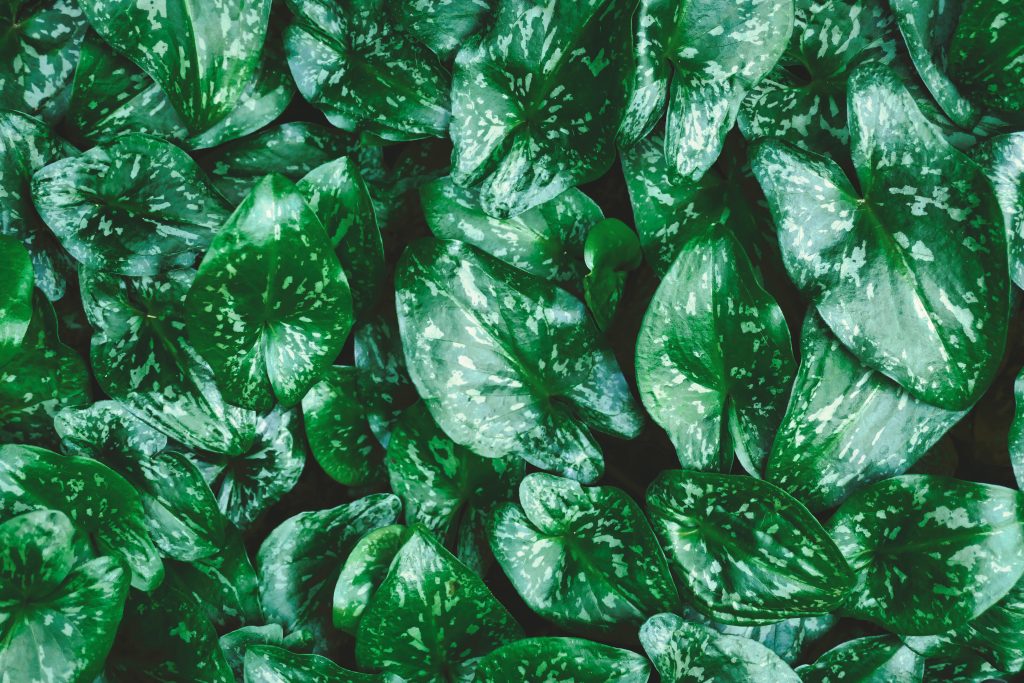
This image is property of images.unsplash.com.
Advantages of Using Regular Seeds for Hydroponics
Using regular seeds in hydroponics offers several advantages that make them a viable option for growers. Let’s explore two significant benefits of using regular seeds in hydroponic systems:
Cost-effectiveness
Regular seeds are often more affordable compared to specialized hydroponic seeds. This cost savings can be significant, especially for gardeners on a budget or those looking to experiment with different plant varieties. By utilizing regular seeds, you can maximize your gardening efforts without breaking the bank.
Wider Variety of Plant Options
Regular seeds offer a vast selection of plant options for hydroponics. Whether you are looking to grow leafy greens, herbs, fruits, or flowers, regular seeds provide an extensive range of possibilities. With regular seeds, you can experiment with different plant varieties and explore the diverse flavors, colors, and textures they offer. This variety allows you to tailor your hydroponic garden to your personal preferences and culinary choices.
Challenges of Using Regular Seeds for Hydroponics
While regular seeds can be used successfully in hydroponic systems, they do come with some challenges. It’s important to be aware of these challenges and take appropriate measures to optimize the growth and health of your plants. Here are three common challenges that you may encounter when using regular seeds in hydroponics:
Germination Rates
Germination rates of regular seeds can vary, and some may have lower germination rates compared to specialized hydroponic seeds. This means that not all seeds may sprout, resulting in a lower overall success rate. To improve germination rates, it’s important to follow proper seed preparation techniques, such as soaking seeds, and provide optimal growing conditions in your hydroponic setup.
Plant Health and Growth
Regular seeds may not be specifically bred for hydroponic systems, which can affect the overall health and growth of your plants. While some plants may adapt well to hydroponics, others may not thrive as successfully. It’s crucial to select plant varieties that are suitable for hydroponic growing conditions and provide them with the necessary nutrients and environmental factors to ensure healthy growth.
Disease and Pest Resistance
Regular seeds may not have the same level of disease and pest resistance as specialized hydroponic seeds. This means that your plants may be more vulnerable to common pests and diseases that can impact their growth and productivity. Implementing proper pest management techniques and regularly monitoring your plants can help mitigate these risks and maintain a healthy hydroponic garden.
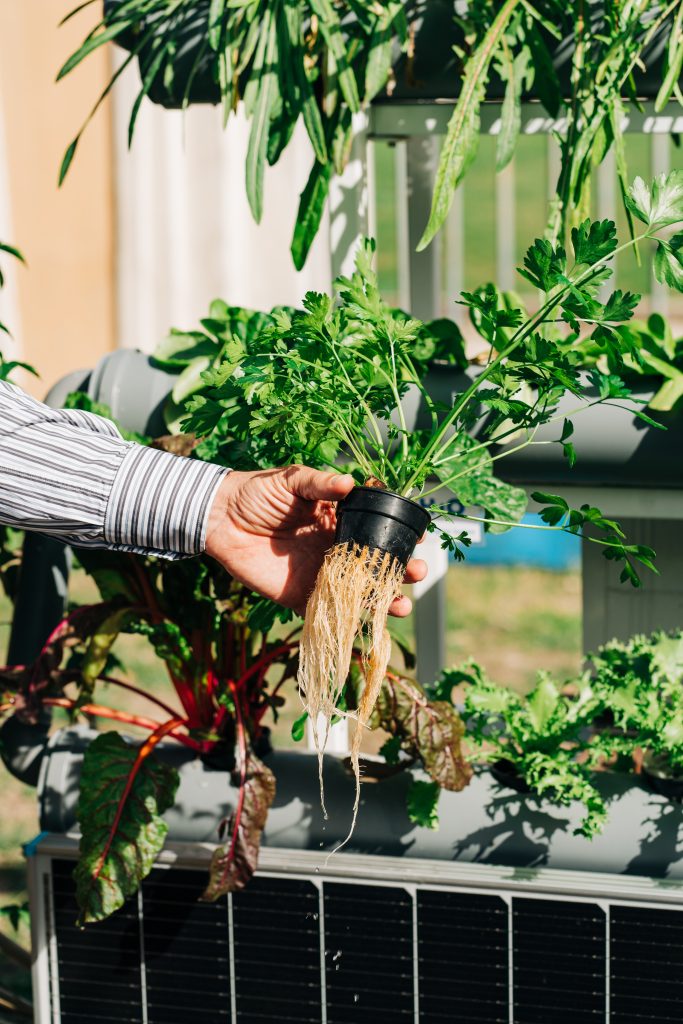
This image is property of images.unsplash.com.
Methods to Optimize Regular Seeds for Hydroponics
Despite the challenges, there are ways to optimize the growth and success of regular seeds in hydroponics. Here are two effective methods to maximize the potential of your regular seeds:
Pre-soaking
One method to enhance the germination rates of regular seeds is pre-soaking. By soaking the seeds before planting, you can soften the seed coat and stimulate the germination process. To pre-soak your seeds, simply place them in a bowl or container with clean water and let them soak for the recommended duration, which varies depending on the plant species. Once the seeds have soaked, they can be transferred to your hydroponic system for planting.
Enhanced Germination Techniques
In addition to pre-soaking, there are other enhanced germination techniques you can utilize to improve the germination rates of your regular seeds. These techniques include scarification, which involves scratching or nicking the seed coat to break dormancy, and stratification, which mimics the natural cold conditions required for germination in certain plant species. By employing these techniques, you can increase the chances of successful germination and ensure a strong start for your plants in the hydroponic system.
Best Regular Seeds for Hydroponics
Selecting the right regular seeds is crucial for a successful hydroponic garden. Here are three categories of regular seeds that are particularly well-suited for hydroponics:
Fast-growing Varieties
Choosing fast-growing plant varieties can be advantageous in hydroponics, as it allows for a shorter growing cycle and quicker harvesting. Plants like lettuce, spinach, and herbs such as basil and mint are known for their fast growth rates and can be ideal choices for hydroponic systems. These plants can quickly thrive in nutrient-rich water and provide a continuous supply of fresh produce.
Disease-resistant Varieties
Opting for disease-resistant varieties is essential in hydroponics, as the absence of soil may increase the risk of diseases spreading in the water-based environment. Look for regular seeds that have been bred for disease resistance, particularly to common hydroponic diseases such as Pythium and Fusarium. Plant species like tomatoes, cucumbers, and peppers often have disease-resistant varieties available, ensuring a healthier and more productive hydroponic garden.
High-yield Varieties
High-yield varieties are particularly beneficial for hydroponic gardening, as they can maximize your yield in limited space. Regular seeds that produce larger harvests allow you to make the most of your hydroponic setup and enjoy the fruits of your labor. Zucchini, strawberries, and cherry tomatoes are examples of plant varieties that are known for their high yields in hydroponic systems.
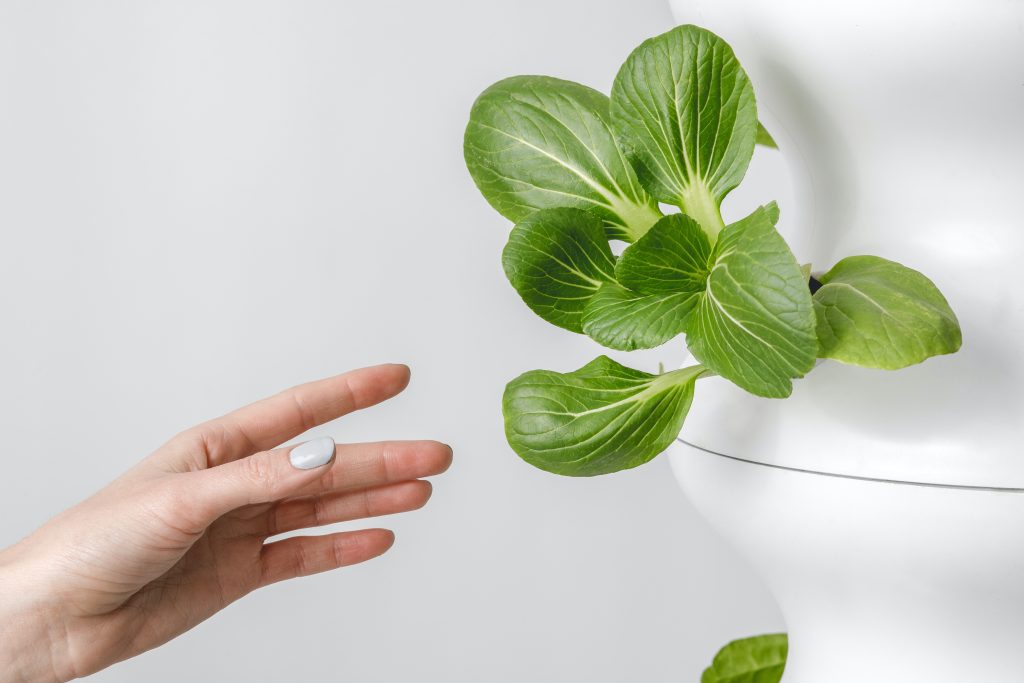
This image is property of images.unsplash.com.
Factors to Consider When Choosing Regular Seeds for Hydroponics
When selecting regular seeds for hydroponics, it’s important to consider a few key factors to ensure success in your gardening endeavors. Here are three factors to keep in mind:
Planting Goals and Preferences
Consider your planting goals and preferences when choosing regular seeds. Determine if you want to grow specific types of plants, such as herbs or vegetables, and what flavors, colors, or textures you are interested in. Tailoring your plant selections based on your culinary preferences and gardening goals will enhance your overall hydroponic experience.
Seed Quality
Ensure that you choose high-quality regular seeds for your hydroponic garden. Opt for seeds from reputable suppliers and look for indications of seed quality, such as high germination rates, genetic purity, and proper storage conditions. Quality seeds are more likely to result in healthy and vigorous plants, providing a solid foundation for your hydroponic garden.
Supplier Reputation
Research and select a reputable supplier when purchasing regular seeds for hydroponics. Look for suppliers with positive reviews, a wide selection of seeds, and good customer service. A reliable supplier can offer valuable guidance and support throughout your gardening journey and can ensure that you receive authentic and viable seeds for your hydroponic system.
Steps to Grow Regular Seeds in Hydroponics
Now that you have an understanding of the different types of regular seeds, their advantages and challenges, and factors to consider, let’s outline the steps to grow regular seeds in a hydroponic system. Follow these steps for a successful hydroponic gardening experience:
Seed Selection
Choose your desired regular seeds based on your preferences and planting goals. Consider the plant varieties that are well-suited for hydroponics, such as fast-growing, disease-resistant, or high-yield varieties. Ensure that the seeds you select are of high quality and come from a reliable supplier.
Seed Preparation
Prepare your regular seeds for planting by following appropriate seed preparation techniques. This may include pre-soaking the seeds in water, scarifying the seed coat if necessary, or stratifying the seeds in a cold environment based on the plant species’ requirements. These techniques will enhance germination rates and increase the chances of successful seedling growth.
Planting in the Hydroponic System
Once your regular seeds are prepared, it’s time to plant them in your hydroponic system. Follow the specific instructions for your hydroponic setup, ensuring that the seeds are properly placed in the growing media or trays. Provide adequate nutrient-rich water, maintain optimal environmental conditions, and monitor the growth of your plants regularly. With proper care and attention, your regular seeds will thrive and flourish in the hydroponic system.
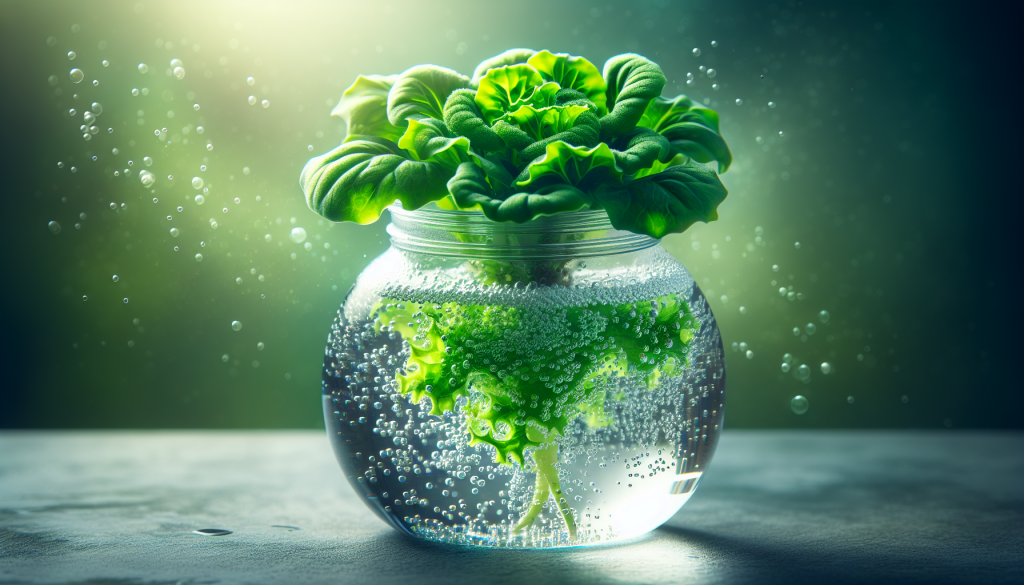
Conclusion
In conclusion, regular seeds can be successfully used for hydroponics, providing a cost-effective and diverse option for growers. By understanding the different types of regular seeds, their advantages and challenges, methods to optimize their growth, and factors to consider when choosing them, you can embark on a rewarding hydroponic gardening journey. Just remember to select high-quality regular seeds, tailor your plant choices to your preferences and planting goals, and provide appropriate care to ensure the success of your hydroponic garden. With regular seeds and the right techniques, you can enjoy a bountiful harvest and the satisfaction of growing your plants in a sustainable and efficient manner. Happy hydroponic gardening!


